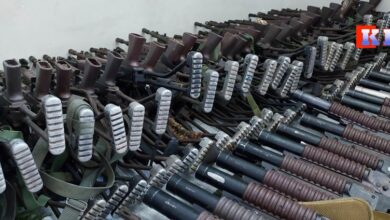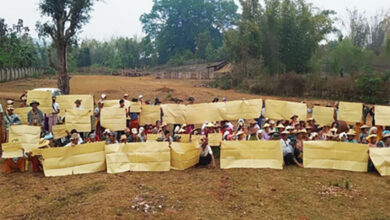Investment in Burma must benefit locals

A report released by the Dutch think-tank, the Transnational Institute, expressed concern at the prospect of massive development projects in conflict-ridden parts of Burma.
As Burma is emerges from decades of military rule, it is attracting foreign investors – especially in the resource sector.
“Burma has entered a pivotal stage in its political and economic development,” the report said, “The advent of a new quasi-civilian government has raised the prospect of fundamental reforms.”
With political reforms has also come a surge in international investment. And while regional investment could foster economic growth and improve livelihoods, the TNI says that Burma lacks the institutional and governance capacity to manage this windfall.
“These large scale investment projects focus on the borderlands, where most of the natural resources in Burma are found,” the report warned, “These areas are home to poor and often marginalised ethnic minority groups, and have been at the centre of more than 60 years of civil war in Burma. Foreign investment in these resource-rich yet conflict-ridden ethnic borderlands is likely to be as important as domestic politics in shaping Burma’s future.”
The foreign-funded mega projects have not benefited local communities, TNI says.
“Land-grabbing has increased, and the recent economic laws and new urban wealth have not brought about tangible improvements for the poor. If local communities are to benefit from the reforms, there needs to be new types of investment and processes of implementation.”
The Transnational Institute points out that the government needs to take responsibility to make sure investment benefits communities.
“The government should direct investment towards people-centred development that benefits household economies.”
Transnational Institute reports warns that if safeguards are not in place to monitor this influx of money, the development of Asia’s final frontier will only “deepen disparity between the region’s most neglected peoples and the new military, business and political elites whose wealth is rapidly increasing.”




